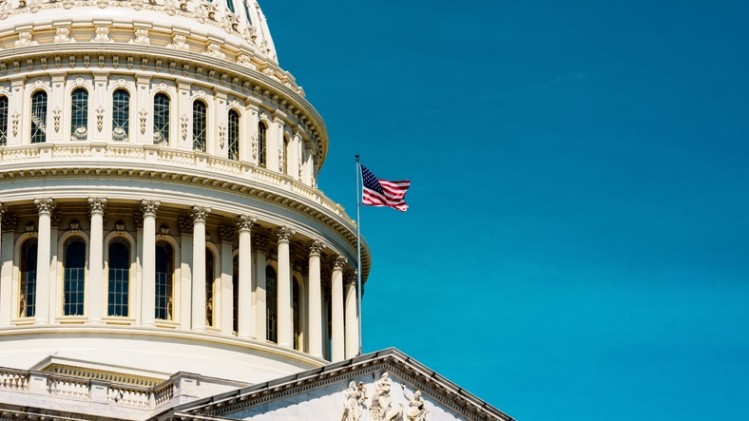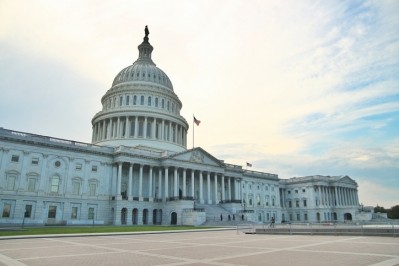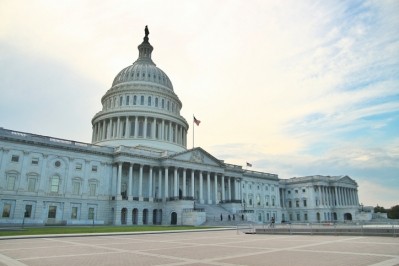Industry stakeholders spar over whether pushing for MPL has been tactical error

Mandatory Product Listing, or MPL, is an idea that has been floated for a number of years as part of the ‘DSHEA 2.0’ discussions. It is something that Cara Welch, PhD, FDA’s new director of the Office of Dietary Supplement Programs has advocated for in the past.
The idea is that dietary supplement manufacturers would be required to register a new product with FDA prior to putting it on the market. FDA officials have mentioned in interviews and public forums that having no firm grasp of what supplements are on the market hampers its ability to effectively regulate the industry. Some industry stakeholders, such as the Consumer Healthcare Products Association (CHPA) and the Council for Responsible Nutrition (CRN), for their part, have gradually come around to the view that throwing in implementation of an MPL would be a way to show that the industry is serious about cooperating on instituting better regulations.
Latest MPL iteration doesn’t include earlier language
The devil, however, is as always in the details. The latest iteration of MPL is embodied in the FDA Safety and Landmark Advancement Act of 2022 (FDASLA), a US Senate bill sponsored by Sen. Patty Murray, D-WA and Sen. Richard Burr, R-NC. The bill reauthorizes the fees collected by FDA in the drug and medical device sectors and as such is destined to pass in one form or another.
However, the language in that bill once it emerged from committee that addresses dietary supplements is seen as overly broad and does not mirror closely the MPL ideas that have been hashed out over the past year between lawmakers and the industry. The FDASLA language as it stands could compromise trade secrets, demand information from companies beyond what’s on the label, and could give FDA new powers tantamount to pre market approval.
NPA: No surprise MPL process has gone off rails
Daniel Fabricant, PhD, president and CEO of the Natural Products Association, said from his organization’s perspective, its no surprise that the MPL cart has gone off the legislative rails. NPA has held the view from the beginning that MPL was a bad idea, and that it was a fool’s errand to believe that the industry could manage the process once legislators sank their teeth into it.
“We believe the industry by and large doesn’t support MPL,” Fabricant said. “The user fee apps bill is a heavy train that has left the station. We don’t know what the amending process will be on the floor. There might not be one.”
“The three associations (CHPA, CRN and the United Natural Products Alliance) thought they could manage the process. Now we need everyone to come together to shut this thing down,” he said.
Officials from CHPA and CRN retorted that it’s easy to take potshots from the sidelines, and quite another to actively engage with lawmakers in trying to modernize the regulatory structure of the industry.
CHPA: Responsible stakeholders need to work for regulatory modernization
“Dietary supplement regulations need modernizing, and every responsible stakeholder knows it,” said Duffy MacKay, ND, CHPA’s senior vice president for dietary supplements.
“MPL has been contemplated by Congress several times over the past decade including a legislative proposal from Senator Durbin in 2011. MPL was also included in the most recent FDA budget request. The FDASLA attempts to address dietary supplement regulatory fixes, but is overly broad, places unnecessary burdens on industry, and falls short of the comprehensive reforms needed,” MacKay added.
“CHPA remains committed to an appropriate listing system for dietary supplements and other critical modernizations. We look forward to continuing to work towards, not against, modernization over the long-term,” he said.
CRN still supports idea of MPL
The Council for Responsible Nutrition was an early advocate for MPL, and that hasn’t changed, said Steve Mister, CRN’s president and CEO.
“CRN continues to support the concept of mandatory product listing for dietary supplements and believes it will bring needed transparency to our marketplace. CRN engaged in conversations with members of Congress on both sides of the aisle for a year, resulting in a strong bipartisan approach to MPL. So, it’s disappointing that the language of FDASLA passed by the Senate HELP Committee does not respect the extensive negotiations that took place to achieve transparency without forsaking industry innovation,” Mister said.
“CRN is prepared to pivot to vigorously oppose the inclusion of MPL for dietary supplements in FDASLA without the legislative assurances and protections we requested.
“NPA’s recent comments continue to evidence their lack of understanding of the legislative process. It’s easy to be a ‘Monday morning quarterback’ when you don’t engage constructively with members of Congress and don’t have access to the facts because you weren’t in the room,” he concluded.







